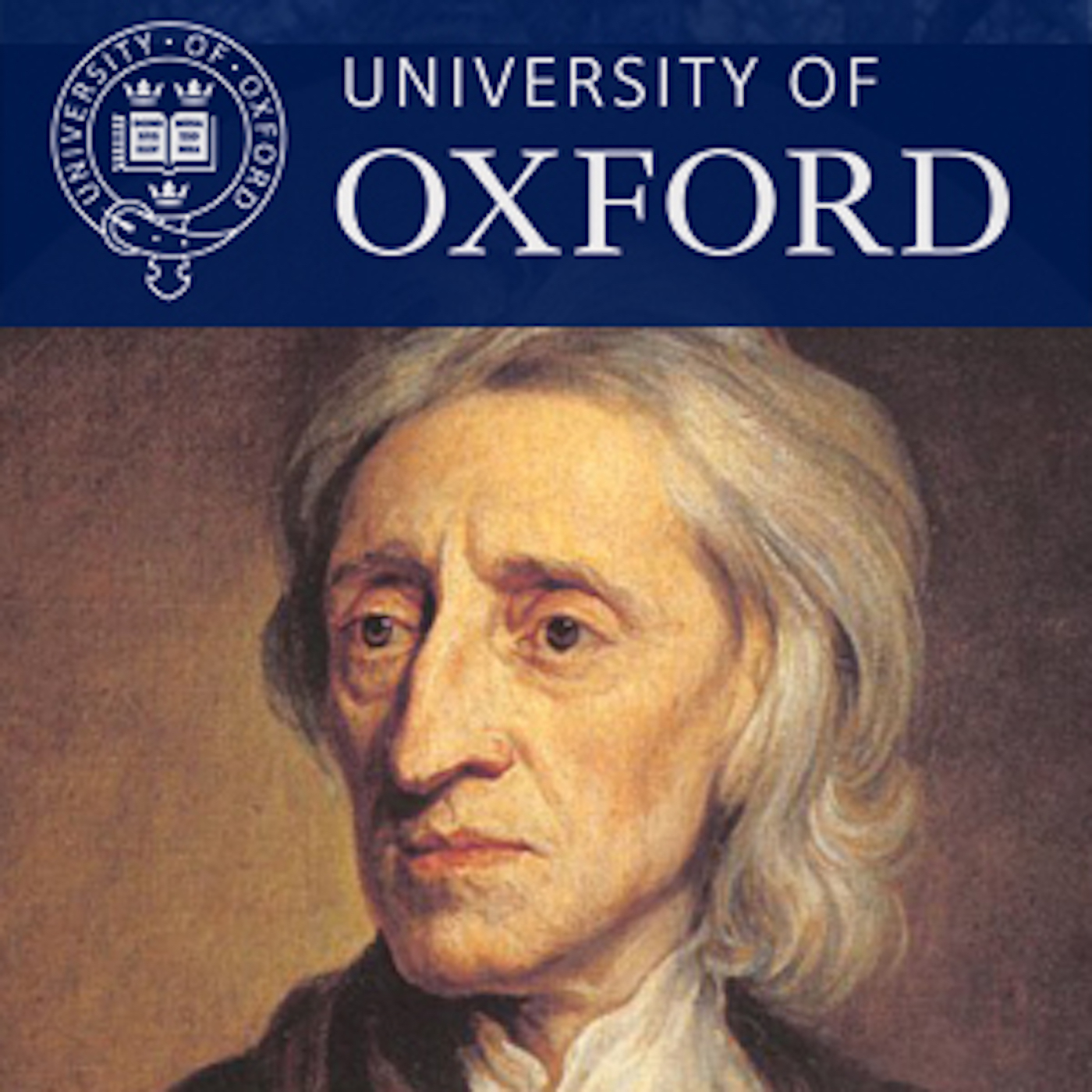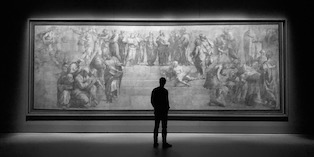Podcast Profile: John Locke Lectures in Philosophy
 Site • RSS • Apple Podcasts
Site • RSS • Apple Podcasts27 episodes
2008 to 2011
Median: 60 minutes
Collection: Philosophy

 Site • RSS • Apple Podcasts
Site • RSS • Apple PodcastsDescription (podcaster-provided):
The John Locke Lectures are among the world's most distinguished lecture series in philosophy. The series began in 1950 and are given once a year.Themes and summary (AI-generated based on podcaster-provided show and episode descriptions):
➤ Annual academic philosophy lectures • Ancient Greek philosophies as ways of life: Socrates, Plato, Aristotle, Stoics, Epicurus, Skeptics, Plotinus • Reasons and normativity • Logic, rational revisability • Epistemology, metaphysics • Mind, phenomenal experience, externalism, knowledge argument, self-locating content • Carnap vs Quine, a priori scrutability, ontology, intentionalityThis podcast presents recordings from the John Locke Lectures, an annual philosophy lecture series begun in 1950. Across the episodes, listeners hear multi-part, research-level lecture sequences in which a single speaker develops a sustained philosophical project over several sessions.
A recurring theme is the nature of reasons and normativity: how reasons relate to motivation, whether expressivism can account for normative discourse, what metaphysical commitments normativity may involve, and which epistemological problems arise when we try to be “realistic” about reasons and their structure.
Another cluster focuses on the role of logic in rational inquiry, especially questions about whether logic has a distinctive normative authority over thought and inference, and whether it can be rationally revised. These lectures connect issues in logic to broader concerns in epistemology and the limits of metaphysical explanation.
Several episodes also explore a broadly “constructivist” or system-building approach to describing the world, including arguments about a priori scrutability, conceptual change and revisability (with attention to figures such as Carnap and Quine), and difficult cases involving mathematics, ontology, intentionality, and normativity.
A further set of lectures centers on philosophy of mind and epistemology: the knowledge argument about consciousness, the content of belief, self-locating knowledge, phenomenal experience, acquaintance, essence, and the tension between externalism about mental content and the idea that we have privileged access to our own thoughts.
The most historically oriented lectures examine ancient Greek philosophies not only as theoretical systems but as practical ways of life, tracing how thinkers from Socrates onward treated philosophically informed reason as authoritative for living.